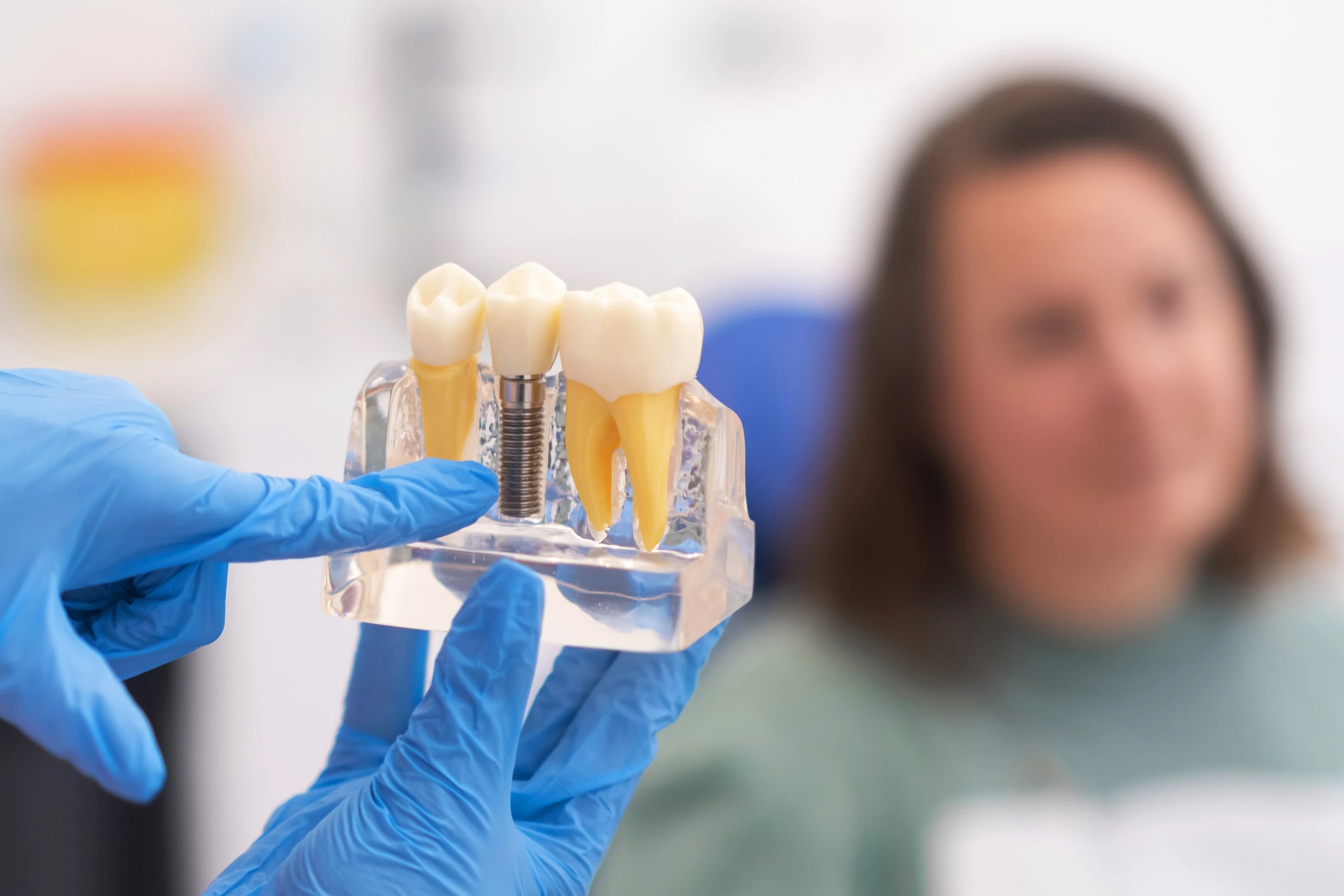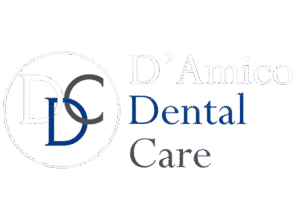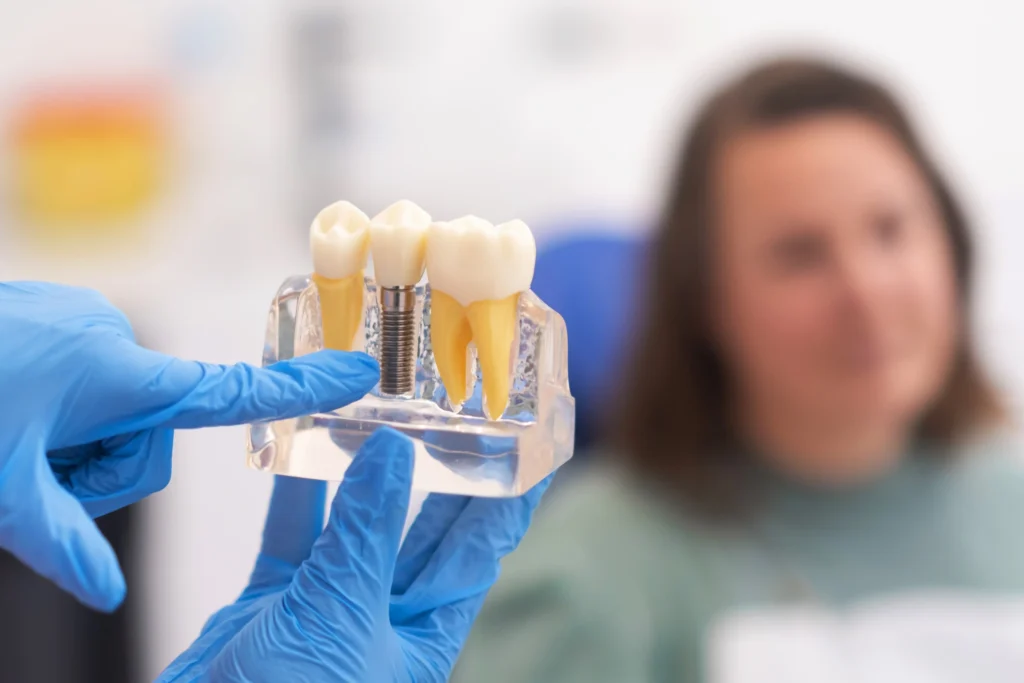
Determining an ideal Candidate for Dental Implants requires careful evaluation of multiple health factors. The best candidates have good overall health with well-controlled systemic conditions like diabetes and osteoporosis, sufficient jawbone density (minimum 10mm height and 5mm width), and healthy gum tissue without active periodontal disease. Research shows that non-smokers with proper oral hygiene have three times higher success rates compared to smokers. While challenges like severe bone loss (requiring grafting), bruxism (needing night guards), or certain autoimmune disorders may present relative contraindications, many of these can be addressed through advanced techniques like sinus lifts or guided bone regeneration (GBR).
In this section, we’ll explore an ideal Candidate for Dental Implants and what requirements you need to meet. We’ll also answer any other questions you might have about the process. Whether you’re just considering implants or ready to begin treatment, we’re here to provide clear, helpful information to guide your decision. Let’s start exploring your options!
Who Is a Good Candidate for Dental Implants?
At D’Amico Dental Care, we carefully evaluate each patient’s eligibility for dental implants through comprehensive medical and dental assessments. To qualify, a Candidate for Dental Implants should have:
✔ Controlled systemic conditions (HbA1c <7% for diabetics, stable cardiovascular health)
✔ Adequate bone structure (minimum 10mm height/5mm width in lower jaw)
✔ Healthy gum tissue (no active periodontal disease)
✔ Tobacco-free status (4+ weeks pre-surgery and 8+ weeks post-op)
For a Candidate for Dental Implants with insufficient bone volume, we offer advanced solutions:
→ Sinus lift procedures for upper jaw implants
→ Bone grafting techniques to rebuild jaw structure
→ 3D CBCT imaging for precise anatomical planning
D’Amico Dental Care – Where Your Implant Journey Begins with Careful Planning

Health Conditions That May Affect Your Candidacy
Dental implant eligibility can be affected by certain medical conditions that impact healing and osseointegration. Our comprehensive evaluation identifies these factors early to ensure optimal outcomes or recommend suitable alternatives. Uncontrolled diabetes (HbA1c >8%) increases implant failure risk by 40% by impairing bone healing. Patients with severe osteoporosis using intravenous bisphosphonates may face osteonecrosis risks (ONJ), requiring careful physician coordination. Autoimmune disorders like rheumatoid arthritis and lupus, particularly with immunosuppressants, may also compromise results.
Lifestyle factors of a Candidate for Dental Implants matter equally:
- Smoking triples failure rates by reducing blood flow
- Radiation therapy to the jaw areas may require hyperbaric oxygen pretreatment
- Medication reviews are essential before implantation
The Good News:
Many high-risk patients can still qualify after:
✓ Optimising medical conditions
✓ Specialised pretreatment protocols
✓ Alternative placement techniques
How to Assess Your Bone Health for Implants
Jawbone health is a critical factor for successful dental implants in wayland & watertown, and advanced 3D CBCT imaging provides a detailed assessment of bone density, height and width. Research indicates that a minimum length of 10mm and a width of 5mm are typically required for standard implants. However, bone grafting or sinus lift procedures can often create suitable conditions when natural bone is insufficient. A thorough medical history review is equally important to identify potential concerns like osteoporosis, uncontrolled diabetes, or vitamin D deficiency (levels below 30 ng/ml may slow healing), as these conditions can significantly impact bone quality and implant success rates.
A key factor in dental implant eligibility is optimising bone health. Research confirms that a Candidate for Dental Implants with sufficient vitamin D levels achieve 30% faster osseointegration, making preoperative nutritional assessment essential for ideal outcomes. Interestingly, about 85% of patients with initial bone deficiencies can eventually qualify for implants after targeted treatments like bone grafts or supplements. Beyond the anatomical factors, managing systemic conditions and maintaining proper nutrition create the ideal biological environment for implants to successfully integrate and last for decades. This comprehensive approach to bone assessment and preparation helps ensure long-term implant stability and function.
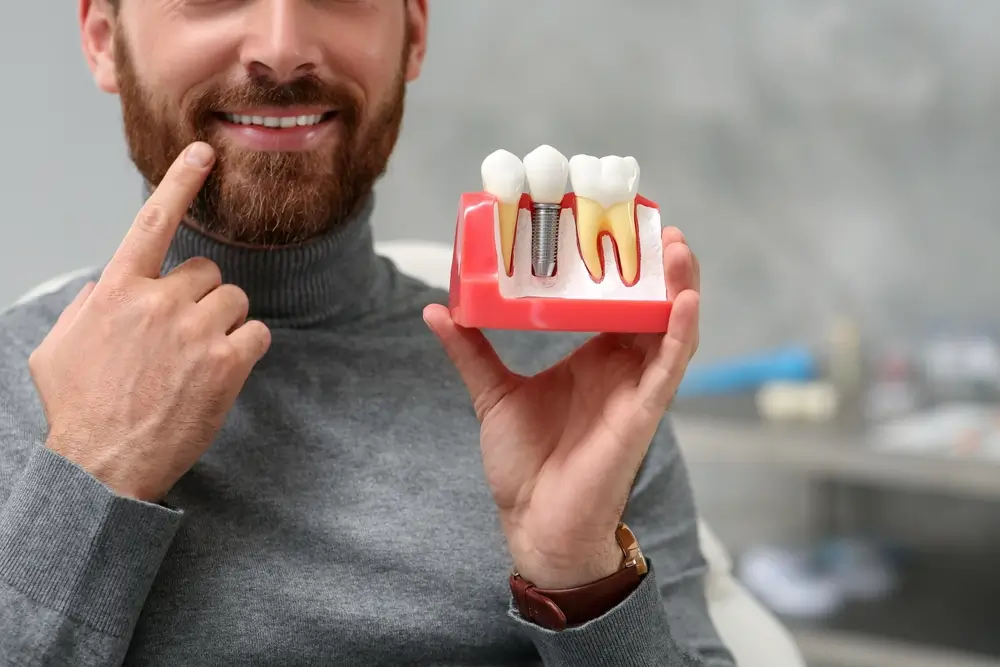
Age Considerations for Dental Implants
At D’Amico Dental Care, we believe age should never be the sole factor in determining dental implant candidacy. Our approach is tailored to each patient’s unique developmental or biological needs:
For Younger Patients (Under 18):
• We typically delay permanent implants until jaw growth completes (~18-21 years)
• Mini implants may serve as temporary solutions for missing front teeth
• 3D growth monitoring ensures proper timing for permanent placement
For Senior Patients (65+):
• Same high success rates as younger adults when health is optimized
• Special protocols for osteoporosis/diabetes management
• Innovative solutions for bone loss:
→ Short implants (4-6mm)
→ Modified sinus lift techniques
→ Bone density enhancement therapies
Why Choose D’Amico Dental Care?
✓ Growth-phase specialized planning for teens
✓ Gentle, senior-friendly techniques
✓ CBCT-guided placement for all ages
D’Amico Dental Care – Where Every Age Finds Their Perfect Smile Solution
Alternative Options if You’re Not a Candidate for Implants
At D’Amico Dental Care, we believe everyone deserves a confident smile. If a traditional Candidate for Dental Implants isn’t possible for you, we’ll explore alternatives like bone grafting or short-span implants to achieve your goals. For patients considering an alternative to implants, modern removable dentures—especially those with metal frames—offer substantial improvements, maintaining up to 80% of the chewing efficiency of natural teeth while providing enhanced comfort. Fixed bridges that anchor to adjacent teeth serve well for multiple missing teeth, though they require altering healthy neighboring teeth, which some patients prefer to avoid.
For those with severe bone loss who can’t undergo bone grafts, implant-supported overdentures (using mini implants or remaining tooth roots) provide excellent stability. The most advanced option – full-arch acrylic prostheses (All-on-4/6) – works even with significant bone loss, with research demonstrating 90% improvement in life quality. The optimal choice depends on each patient’s unique anatomy, overall health, and personal expectations, requiring careful evaluation by a prosthodontic specialist to balance functionality, aesthetics, and long-term oral health preservation.
Key Considerations:
→ Dentures: Most accessible but least stable
→ Bridges: Preserve chewing but need tooth alteration
→ Overdentures: Good middle-ground solution
→ All-on-4/6: Best function but highest investment
| Option | Best For | Pros | Cons | Longevity | Maintenance |
| Removable Dentures | • Full arch replacement • Low budget cases | • Non-invasive • Immediate solution • Adjustable | • Bone loss over time • Poor stability (25% chewing efficiency) • Requires adhesives | 5-7 years | Daily removal/soaking |
| Implant-Supported Overdentures | • Moderate bone loss • Want improved stability | • 2-4 implants enhance retention • Better chewing (60% efficiency) | • Still removable • Higher cost than regular dentures | 7-10 years | Special cleaning required |
| Resin-Bonded Bridge | • Single missing front tooth • Minimal tooth alteration | • Conservative prep • Good aesthetics | • Not for posterior teeth • Debonding risk | 5-8 years | Avoid sticky foods |
| Traditional Bridge | • 1-3 missing teeth • Healthy adjacent teeth | • Fixed solution • Natural feel | • Requires filing healthy teeth • Higher decay risk | 10-15 years | Floss threaders needed |
| Flipper (Temporary) | • Immediate tooth replacement • Waiting for implants | • Affordable • Quick fabrication | • Fragile • Uncomfortable long-term | 1-3 years | Frequent adjustments |
| No Treatment | • Asymptomatic gaps • Low priority areas | • No cost • No procedures | • Bone loss • Tooth shifting • TMJ risks |
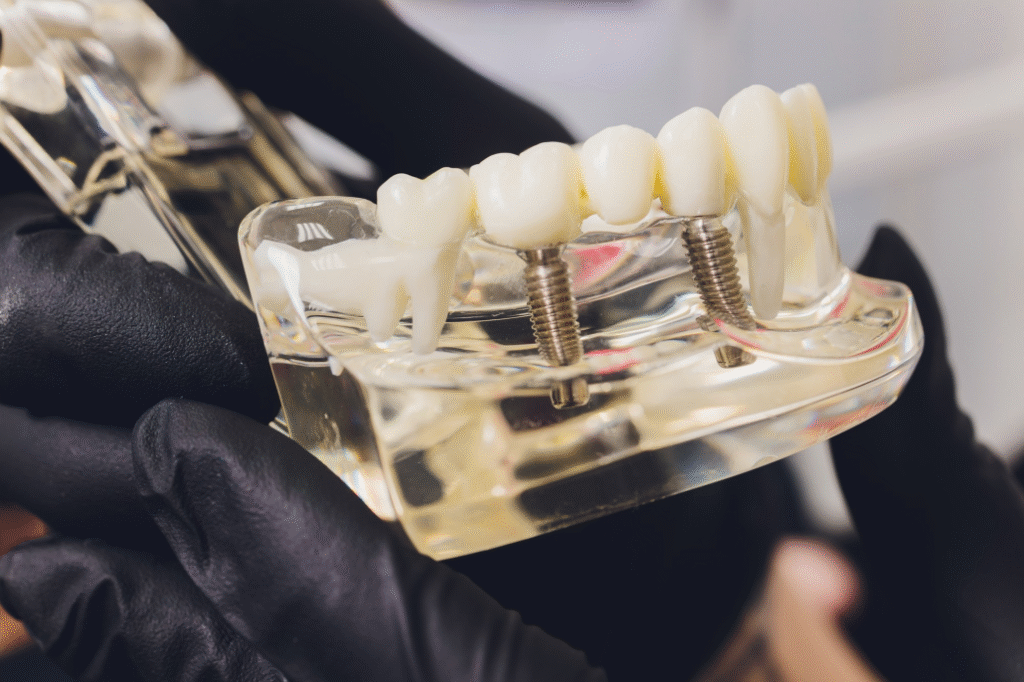
The Role of Your Dentist in Implant Planning
At D’Amico Dental Care, we begin every implant journey with meticulous planning to ensure decades of optimal function. Our comprehensive evaluation includes:
✔ Advanced 3D CBCT Imaging (95% placement accuracy)
✔ Bone Density/Gum Health Assessment
✔ Systemic Health Review (managing diabetes, smoking cessation, etc.)
✔ Digital Smile Design for perfect aesthetics
Your Customized Implant Plan Addresses:
→ Ideal Implant Selection (size/type/material)
→ Precision Placement Strategy (angle/depth)
→ Need for Bone Augmentation (if required)
→ Risk Mitigation Protocols
Dental implant eligibility benefits from our multidisciplinary approach. With surgeon-prosthodontist-technician collaboration using digital planning tools, we achieve 30% better outcomes than conventional methods—expanding options for complex cases. This scientific planning prevents complications while delivering:
✓ Natural-looking results
✓ Optimal chewing function
✓ Long-term bone preservation
source: www.drfredalger.com
FAQ
- Who can get dental implants?
- Individuals missing one or more teeth
- Patients with relatively good overall health
- Those with adequate jawbone density (or eligible for bone grafting)
- Non-smokers or those willing to quit smoking
- Candidate for Dental Implants who can afford the treatment costs
- Are there age restrictions for implants?
- Minimum age: After jawbone growth completion (typically 18 for women, 21 for men)
- Maximum age: No upper limit – health matters more than age
- Middle-aged adults: Ideal candidates due to bone stability
- Seniors: Excellent candidates if in good general health
- What if I have bone loss in my jaw?
- Bone grafting: Possible in many cases
- Sinus lift: For an insufficient upper jawbone
- Short implants: Option for limited bone
- All-on-4: Solution for severe bone loss
- Which conditions might disqualify me?
- Uncontrolled diabetes
- Severe osteoporosis
- Certain autoimmune diseases
- History of jaw radiation therapy
- Uncontrolled bleeding disorders
- How do habits affect candidacy?
- Smoking: 2-3x higher implant failure risk
- Alcohol: Heavy consumption delays healing
- Teeth grinding: Requires a night guard
- Diet: Malnutrition impairs recovery
- What if I’m not a good candidate?
- Fixed bridge: For single/multiple tooth replacement
- Removable dentures: More affordable
- Partial dentures: For extensive tooth loss
- Mini implants: For lower-density bone
- How do I know if I qualify?
- Comprehensive clinical exam By an implant specialist
- Advanced imaging: OPG, CT scans
- Medical history review
- Blood tests: When necessary
- Professional consultation: Discuss all options
- Am I financially/time-ready for implants?
- Treatment duration: 3-9 months depending on case
- Appointments: Typically 3-5 main sessions
- Cost: Higher than alternatives but lifelong
- Maintenance: Requires ongoing care
- Insurance coverage: Usually limited or excluded

